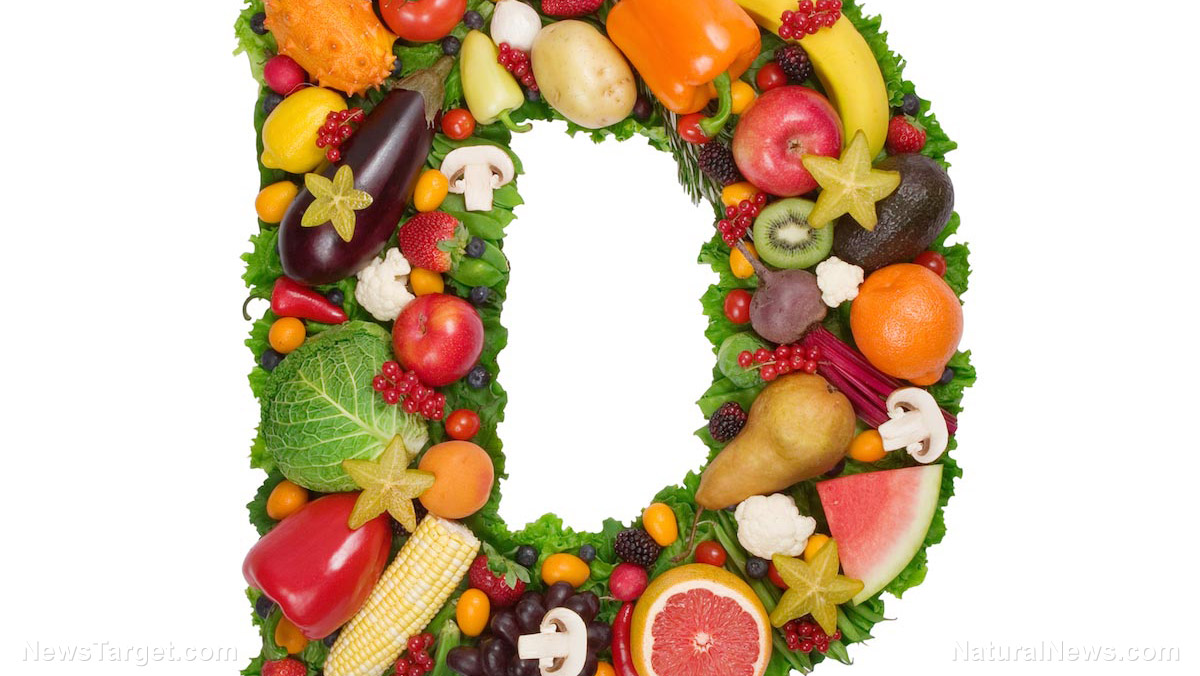
Advertisement
Combining different vitamin D-fortified foods with supplements may be the key to ensuring that your body has adequate levels of this essential vitamin. This is according to researchers from the Technical University of Denmark, who published a study in the European Journal of Nutrition. They pooled in data from the Danish National Survey of Dietary Habits and Physical Activity to come to their conclusions.
They also modeled different scenarios of vitamin D intake — either from habitual dietary sources alone or if taken in combination with supplements and fortified foods such as yogurt, cheese, eggs and crispbread. These fortified foods provided the study participants with 20 mcg of vitamin D daily.
The results revealed that in a population with low vitamin D intake, supplementing your diet with low-doses of vitamin D-fortified foods and supplements is an effective way to maintain healthy levels of vitamin D.
“The consumption of vitamin D supplements has proven to be effective in increasing vitamin D status, although this strategy is naturally only effective in those who consume the supplements. Low-dose fortification may be a strategy to increase the intake of those individuals in the lower end of the intake distribution range without increasing the risk of the upper end reaching toxic intake levels,” the researchers said.
Vitamin D-rich foods
It’s estimated that up to 40 percent of Americans are at risk of vitamin D deficiency. This can be because people spend too much time indoors or wear copious amounts of artificial sunblock outside. This can be fixed by consuming healthy foods that are rich in vitamin D. Here are three different foods that you should consider getting the next time you’re at your local natural grocer. (h/t to MedicalNewsToday.com)
- Oily fish — Fish that are rich in healthy oils have some of the highest quantities of dietary vitamin D in the world. One dry-cooked fillet of herring can give you 306 International Units (IU) of vitamin D, or around 51 percent of your recommended daily allowance (RDA) for vitamin D. One teaspoon of cod liver oil contains 450 IU, or 75 percent of your RDA, and one dry-cooked piece of swordfish contains 706 IU or a whopping 117 percent of your RDA.
- Egg yolks — Egg yolks are also very rich in vitamin D, and eggs that come from free-range chickens provide even more of the sunshine vitamin. Cooking scrambled eggs using two large hen eggs, for example, contains 88 IU or 15 percent of your RDA.
- Mushrooms — Mushrooms are a great source of dietary vitamin D for vegans and vegetarians. Per 50 grams of raw maitake and dried shiitake mushrooms give you 562 IU and 77 IU, or 94 percent and 12 percent of your RDA, respectively.
Choose your vitamin D well, study suggests
Despite vitamin D’s efficacy in promoting the body’s overall health, British researchers cautioned that not all types of vitamin D may produce equal benefits. The researchers explained that vitamin D was categorized into two types: vitamin D2 and D3. According to the experts, vitamin D2 can be obtained from plant sources such as fungi, while vitamin D3 can be found in animal sources.
The scientists examined their efficacy by measuring the vitamin D levels of 335 South Asian and white European women over the course of two winters. The women were divided into five groups. Two groups received vitamin D2 in the form of either a biscuit or a juice drink, while another two received vitamin D3 in the same forms. One group served as the study’s placebo control.
The research team observed that participants who ate the vitamin D2 biscuit increased their vitamin D levels by only 33 percent, while those who drank the juice attained a 34 percent increase. In contrast, those who ate the vitamin D3 biscuit saw a 74 percent increase, while those who drank the juice had a 75 percent increase. The placebo group saw a 25 percent decline during the study period.
“Those who consume D3 through fish, eggs, or vitamin D3-containing supplements are twice as likely to raise their vitamin D status than when consuming vitamin D2-rich foods, such as mushrooms, vitamin D2-fortified bread, or vitamin D2-containing supplements, helping to improve their long-term health,” said lead author Laura Tripkovic.
Learn about the many different health benefits of vitamin D at VitaminD.news.
Sources include:
Advertisements







